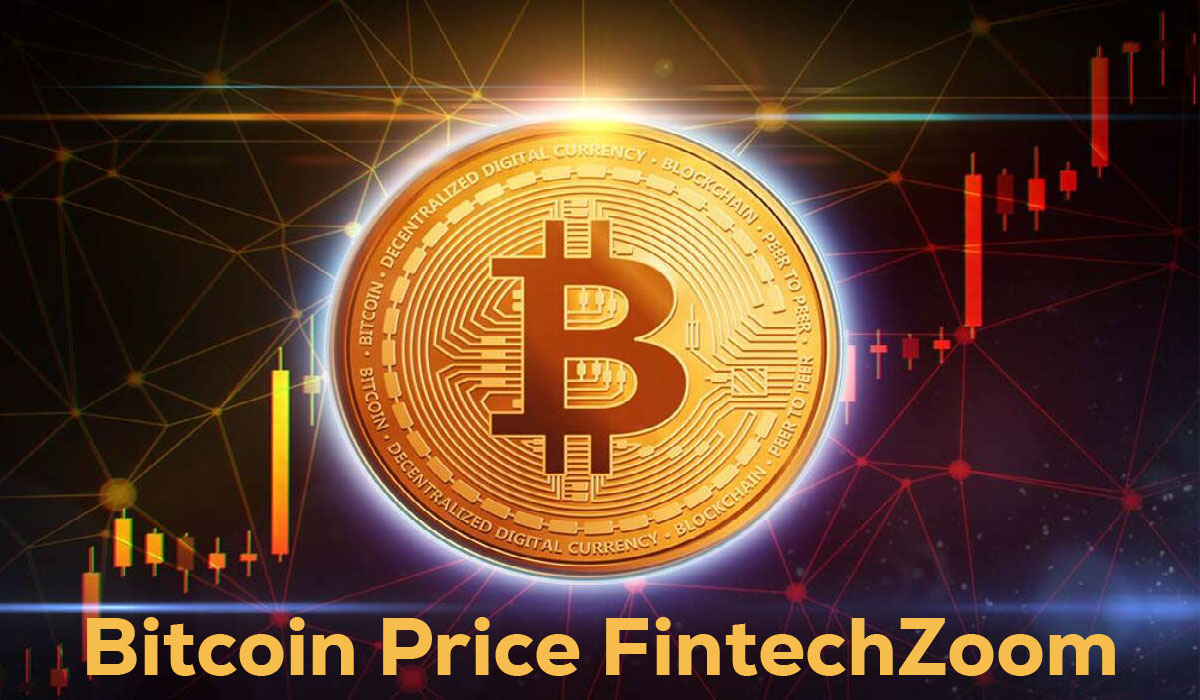The term frontier often evokes images of vast landscapes, uncharted territories, and the spirit of exploration. From the historical expansion of the American West to the modern realms of technology and science, represent the edges of human knowledge, creativity, and experience. In this article, we will delve into various aspects of the concept of , including its historical significance, its modern interpretations, and its implications for our future.

- Historical Frontiers: The Age of Exploration
The notion of a has deep historical roots, particularly during the Age of Exploration. As European powers ventured beyond their borders in search of new lands, trade routes, and resources, they opened up what was once thought to be the edges of the known world.
The Age of Discovery
During the 15th and 16th centuries, explorers like Christopher Columbus, Vasco da Gama, and Ferdinand Magellan embarked on daring voyages across the seas. Their journeys not only changed the maps but also transformed global trade and cultural exchanges. The they crossed were not just geographical; they challenged the very foundations of knowledge and understanding.
The era was marked by a thirst for adventure and discovery, but it also had profound consequences for indigenous populations. The arrival of European explorers often led to the colonization and exploitation of new lands, creating a complex legacy that continues to shape global dynamics today. The historical symbolizes both human ingenuity and the darker aspects of exploration, reminding us that progress often comes with significant costs.
The American Frontier
In the United States, the concept of the became emblematic of the nation’s identity. The westward expansion of the 19th century was driven by the idea of Manifest Destiny, the belief that Americans were destined to expand across the continent. This period saw settlers, miners, and cowboys venturing into uncharted territories, seeking fortune and opportunity.
The American was a blend of adventure, hardship, and conflict. It was characterized by the struggle between settlers and Native American tribes, each claiming their right to the land. The experience is deeply woven into the American narrative, encapsulating themes of resilience, innovation, and the pursuit of dreams.
The Legacy of Historical Frontiers
Today, the legacy of historical informs how we view exploration and discovery. While we celebrate the achievements of explorers and pioneers, we must also recognize the ethical implications of their actions. The concept of has evolved, prompting discussions about ownership, rights, and the responsibilities that come with exploration.
Understanding the historical context of allows us to appreciate the complexities of progress and innovation. It invites us to reflect on how we can pursue new in ways that honor the past and promote inclusivity and sustainability.
- Scientific Frontiers: Pushing the Limits of Knowledge
As we moved into the modern era, the idea of shifted from geographical exploration to the realms of science and technology. Today, scientific represent the cutting-edge of human knowledge and innovation, driving discoveries that can transform our understanding of the universe and our place within it.
The Frontiers of Space Exploration
One of the most captivating frontiers is outer space. The exploration of space has expanded our horizons, revealing wonders beyond our planet. From the Apollo moon landing to the Mars rovers, each mission has pushed the boundaries of what we know about the cosmos.
Space agencies like NASA and private companies like SpaceX are at the forefront of this exploration, continuously striving to uncover the mysteries of the universe. The potential for human colonization of other planets, the search for extraterrestrial life, and the understanding of black holes and dark matter are just a few areas where groundbreaking research is taking place.
Advancements in Biotechnology
Another significant frontier lies in the field of biotechnology. The rapid advancements in genetic engineering, CRISPR technology, and personalized medicine are reshaping the landscape of healthcare and agriculture. Scientists are exploring ways to edit genes, cure genetic disorders, and create resilient crops to combat food insecurity.
However, these advancements come with ethical dilemmas and concerns about safety and equity. The discussion around biotechnology emphasizes the importance of balancing innovation with responsibility. As we push the frontiers of science, we must consider the implications of our discoveries on society and the environment.
Climate Change and Environmental Frontiers
The urgency of climate change has created a new frontier in environmental science. Researchers are exploring innovative solutions to combat global warming, from renewable energy technologies to carbon capture methods. This frontier is about not just understanding the problem but actively seeking ways to mitigate its effects and create a sustainable future.
The quest for sustainable practices and eco-friendly technologies represents a critical aspect of our modern frontier. It challenges us to rethink our relationship with nature and to develop solutions that ensure the health of our planet for future generations. The scientific frontier, therefore, is not only about discovery but also about stewardship and responsibility.
- Technological Frontiers: Innovating for the Future
In recent decades, technology has emerged as a dominant frontier, shaping every aspect of our lives. The rapid pace of technological advancement presents both opportunities and challenges, pushing the boundaries of what is possible.
The Digital Revolution
The advent of the internet and digital technologies has revolutionized how we communicate, work, and live. The digital frontier has transformed industries, from entertainment to education, creating new paradigms for human interaction. Social media platforms, e-commerce, and online learning have reshaped societal norms and expectations.
However, the digital frontier is also fraught with challenges, including issues of privacy, security, and misinformation. As we navigate this new landscape, it’s crucial to understand the implications of our digital footprints and the power dynamics at play in the tech industry.
Artificial Intelligence and Automation
Artificial intelligence (AI) represents one of the most exciting and controversial technological frontiers. From self-driving cars to AI-powered personal assistants, the integration of AI into our daily lives is accelerating. While these advancements promise increased efficiency and convenience, they also raise questions about employment, ethics, and decision-making.
The frontier of AI challenges us to think critically about the future of work and the role of humans in an increasingly automated world. As we harness the power of AI, we must also establish guidelines and ethical frameworks to ensure that technology serves humanity and enhances our well-being.
The Future of Connectivity: 5G and Beyond
The rollout of 5G technology is set to redefine connectivity, enabling faster communication and the proliferation of the Internet of Things (IoT). This frontier promises to enhance everything from smart cities to telemedicine, creating new opportunities for innovation.
However, as we embrace these advancements, we must also consider the implications for privacy and data security. The increased connectivity brings with it new vulnerabilities, and it’s essential to establish robust protections to safeguard users. The technological frontier is a dynamic landscape that requires constant vigilance and adaptation.
- Cultural Frontiers: The Intersection of Art and Society
Frontiers are not limited to physical or scientific domains; they also encompass cultural and artistic realms. The exploration of cultural frontiers allows us to question norms, challenge perceptions, and celebrate diversity.
The Role of Art in Society
Art has always served as a medium for expression and exploration. Artists push the boundaries of creativity, using their work to comment on societal issues, provoke thought, and inspire change. The cultural frontier invites us to engage with diverse perspectives and challenge our own beliefs.
In recent years, movements like street art and digital installations have transformed public spaces into platforms for dialogue. Artists are using their talents to address pressing issues such as social justice, climate change, and identity, proving that art can be a powerful catalyst for change.
Globalization and Cultural Exchange
As the world becomes increasingly interconnected, cultural frontiers are constantly evolving. Globalization has facilitated the exchange of ideas, traditions, and practices, creating a rich tapestry of cultural diversity. This exchange has led to hybrid forms of expression, blending influences from different cultures to create something entirely new.
However, the impact of globalization on local cultures is a double-edged sword. While it can promote understanding and appreciation, it can also lead to the erosion of cultural identities. Navigating this frontier requires a delicate balance between celebrating diversity and preserving heritage.
The Future of Cultural Frontiers
Looking ahead, the cultural frontier will continue to evolve as new technologies emerge and societal norms shift. The rise of virtual reality and immersive experiences offers exciting possibilities for artistic expression and engagement. Artists will increasingly leverage technology to create interactive experiences that challenge our perceptions of reality and provoke deeper connections.
As we explore these cultural frontiers, we must remain open-minded and receptive to diverse voices and perspectives. Embracing cultural exploration enriches our lives and fosters understanding in an ever-changing world.
- The Frontier of Ethics: Navigating Moral Boundaries
As we venture into new frontiers, ethical considerations become paramount. Whether in science, technology, or cultural exploration, the question of what is right and just often arises.
Ethical Implications in Science and Technology
In the realm of scientific and technological advancements, ethical dilemmas frequently emerge. The development of AI, biotechnology, and genetic engineering raises questions about consent, equity, and the potential for misuse. As we push the boundaries of what is possible, we must also confront the moral responsibilities that come with these innovations.
Establishing ethical guidelines and frameworks is crucial to navigating these challenges. Engaging a diverse range of voices—scientists, ethicists, policymakers, and the public—can help ensure that our advancements align with societal values and priorities.
Environmental Ethics and Sustainability
The environmental frontier presents significant ethical considerations as well. Climate change, resource depletion, and biodiversity loss call for a reevaluation of our relationship with the planet. The question of sustainability—how to meet present needs without compromising future generations—requires careful ethical deliberation.
As we explore solutions to environmental challenges, we must consider the implications of our actions on ecosystems and communities. Embracing a stewardship mentality encourages us to prioritize sustainability and respect for the natural world.
The Future of Ethical Frontiers
As we continue to explore new frontiers, ethical considerations will only become more critical. Engaging in open dialogue and fostering a culture of ethical awareness can help us navigate the complexities of innovation and progress. The frontier of ethics is not static; it evolves alongside our understanding of morality and responsibility.
Conclusion: Embracing the Spirit of the Frontier
The concept of frontier is multifaceted, encompassing historical, scientific, technological, cultural, and ethical dimensions. Each frontier represents an opportunity for exploration, innovation, and growth. As we navigate these boundaries, it’s essential to approach them with curiosity, humility, and a commitment to inclusivity and sustainability.
Embracing the spirit of the frontier means recognizing the interconnectedness of our pursuits and the responsibilities that come with them. It invites us to explore not just the edges of knowledge and experience, but also the deeper questions about our values, ethics, and impact on the world.
As we move forward into an uncertain future, let us remember the lessons of the past and the possibilities that lie ahead. The frontiers we explore today will shape the world of tomorrow, and it’s up to us to chart a course that honors our shared humanity and the planet we call home.














Leave a Reply